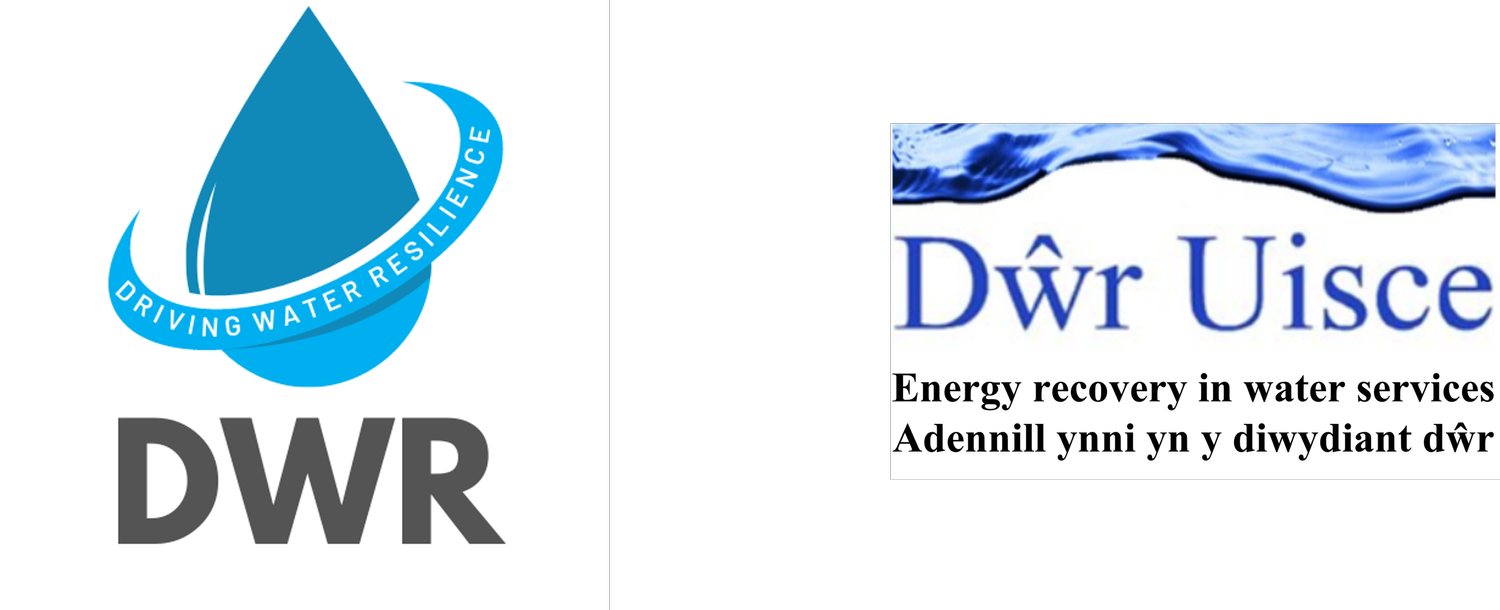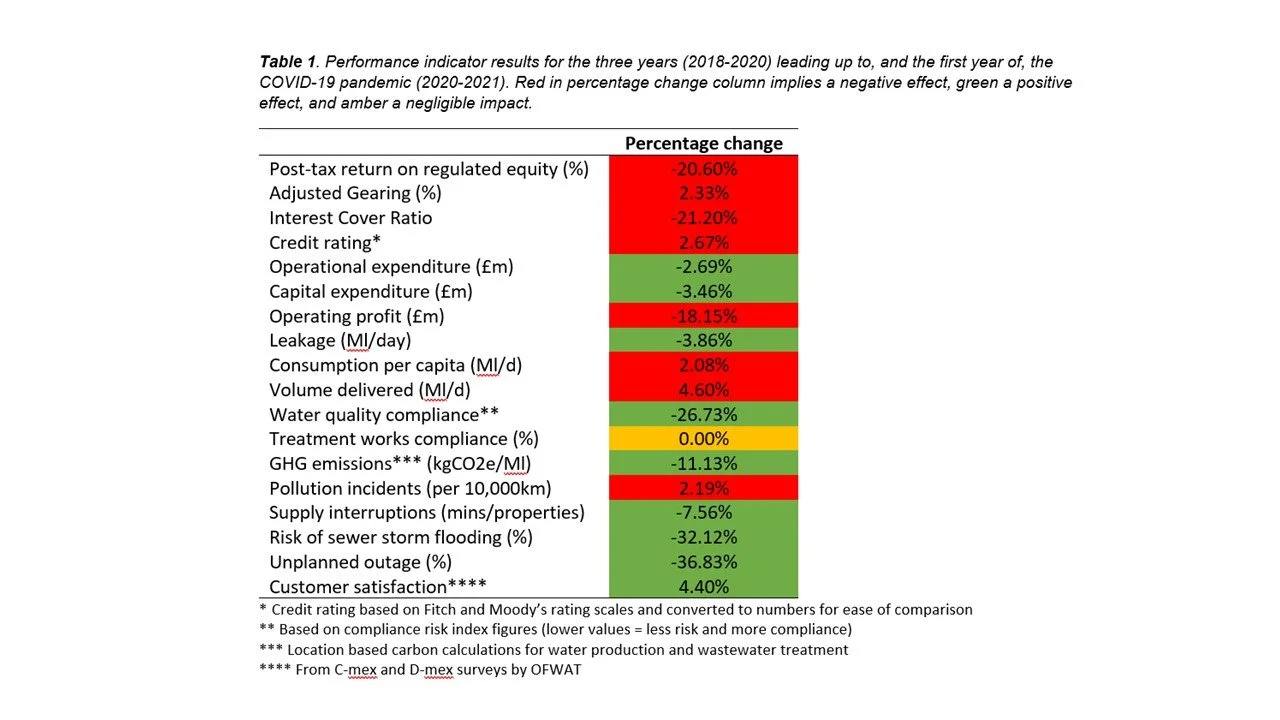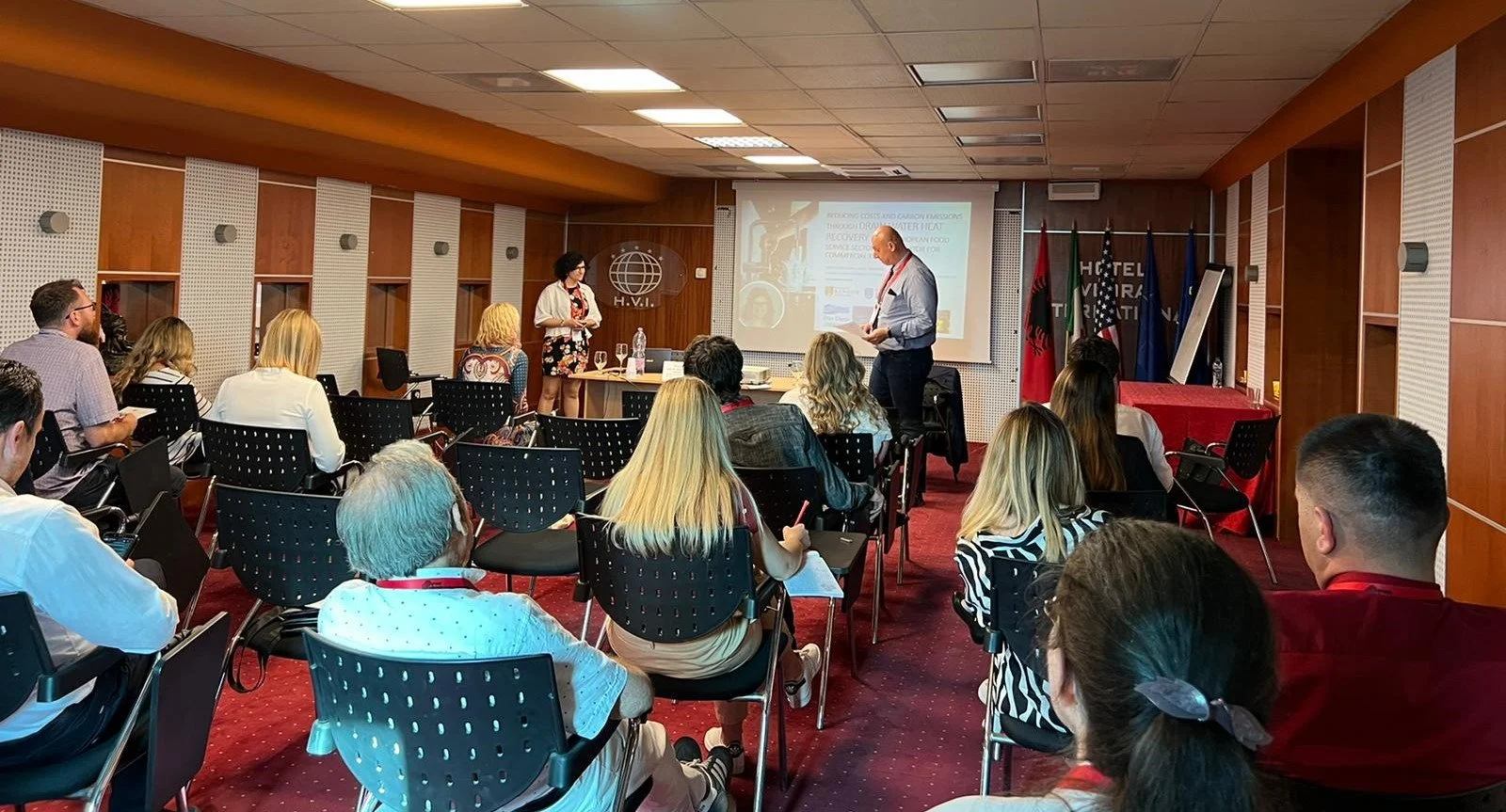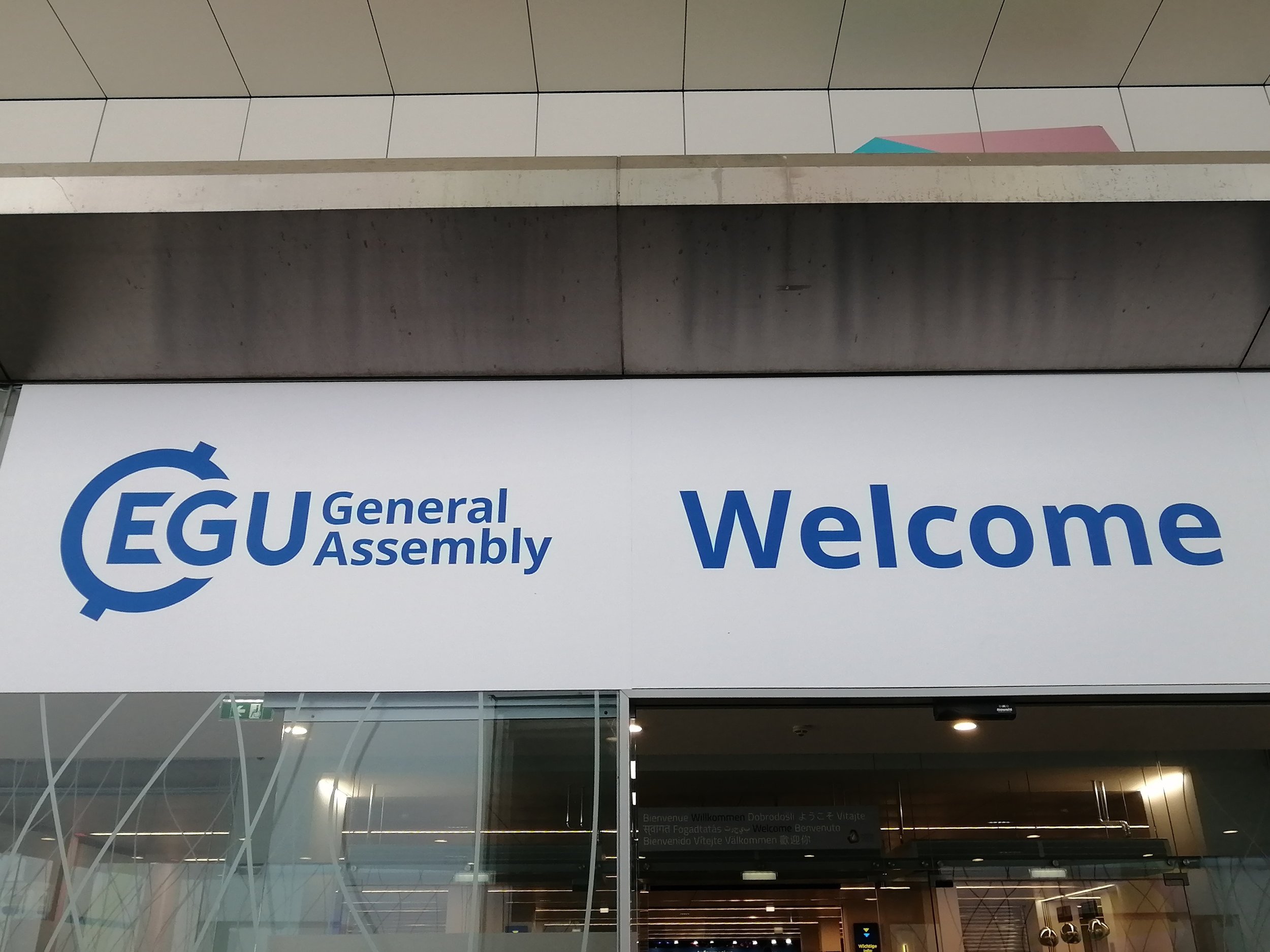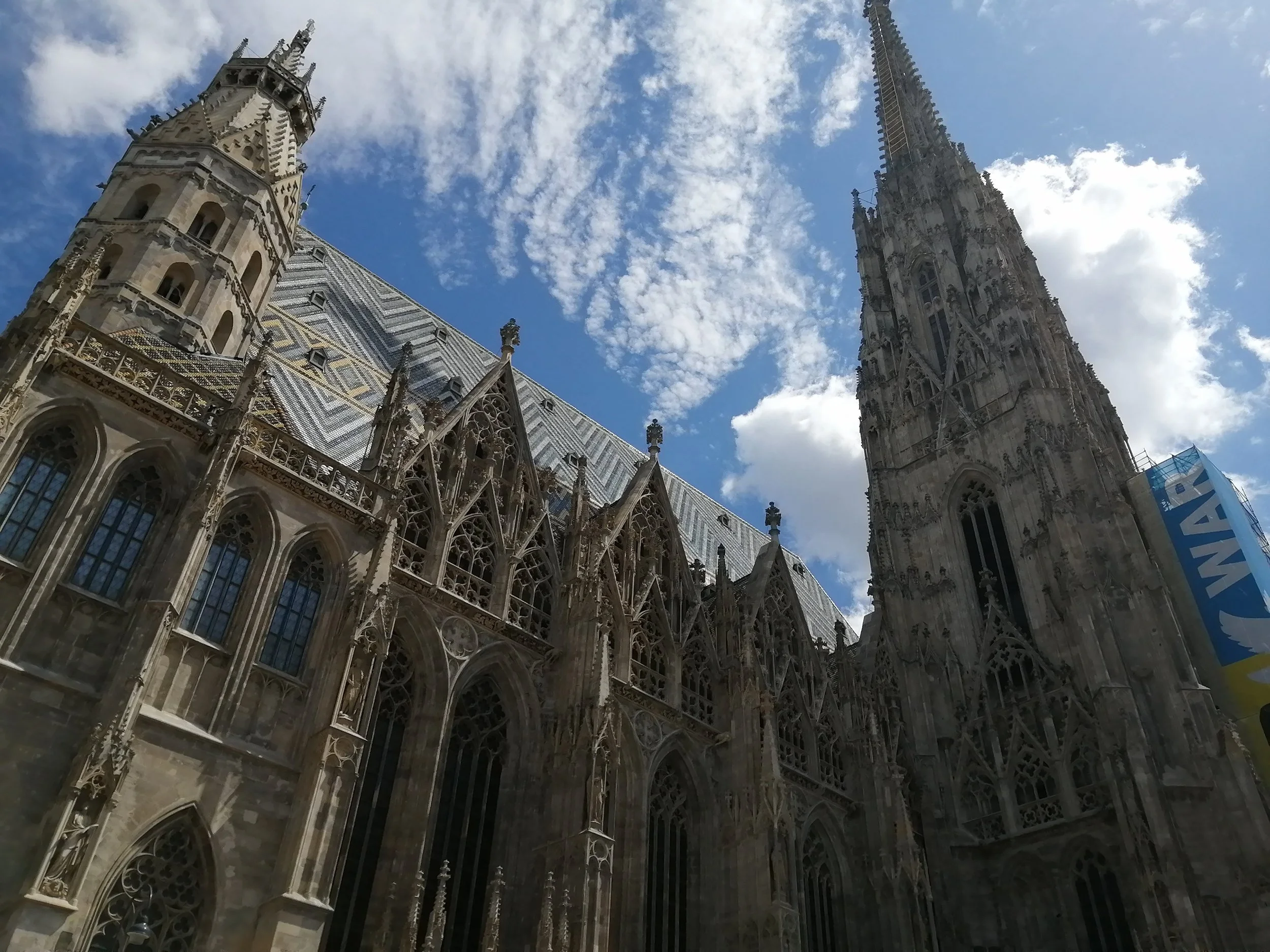Last week Dŵr Uisce researchers Dr Roberta Bellini, Dr Richard Dallison, and Dr Aisha Bello-Dambatta attended the European Geosciences Union’s (EGU) 2022 General Assembly (EGU22), also presenting and discussing their work. Held as a hybrid event for the first time this year, the conference attracted many scientists and researchers from across the globe both to Vienna, as well as virtually online. Indeed, the event is one of the largest gatherings of geosciences related researchers in Europe, with EGU22 attracting some 12,400+ abstract submissions to over 770 sessions.
This new conference format provided a fantastic opportunity to disseminate Dŵr Uisce research to a wide global audience, with 7,000 attendees in-person in Vienna, and a further 5,900 EGU members attending online. Whilst participating in the conference, our researchers have attended sessions from various EGU sections, listening to the latest research in their respective fields. The work presented in these sessions has been highly interesting and has furthered knowledge, research scope, and contacts, all of which will bring great benefit to Dŵr Uisce project research. Additionally, new avenues of research have been explored, and ideas generated for future work and new methods.
Roberta, from our Trinity College team, attended in-person in Vienna and gave a presentation entitled Dŵr Uisce Climate Action Hackathon – A cool connection, in a session covering science communication. The presentation covered the pilot project involving young people from ECO-UNESCO in a hackathon that was held in summer 2021, its outcomes and future developments. Roberta said of attending the general assembly: “It was great to hear about the experiences of many different researchers involved in science communication and outreach in a variety of topics and settings, from formal to informal education, using interesting and innovative formats and tools. Attending in person allowed me to make some connections which will hopefully help to amplify our efforts in reaching a wider audience to raise awareness of the climate action potential of water efficiency.”
Richard presented his and Dr Sopan Patil’s research, titled Water availability assessment for run-of-river hydropower under future climate change in the UK and Ireland, virtually from Bangor. The work featured the latest results from Dŵr Uisce Work Package 7, with future trends in generation characteristics for 531 run-of-river hydropower schemes being showcased. Richard said of the conference, “this is the fourth time I’ve attended the EGU General Assembly, and it is always a fantastic learning experience. Not only has it been great to get feedback on elements of my latest research, but I’ve also enjoyed many presentations which have provided plenty of inspiration for my future research.” In addition to research presentations, many useful short courses are also provided for participants, providing further value to attendance, Richard added, “I’ve also found short courses, such as Using R in Hydrology, to be very useful this year.”
Finally, Aisha also gave an in-person presentation, entitled Energy efficiency through household water use efficiency: a survey on public perception of household water and water-related energy use in Ireland. This presentation formed part of a session looking at changes in energy and material demand as drivers, outcomes and solutions of the climate and environmental crisis. The session was the first of its kind in the Energy, Resources, and the Environment (ERE) division of the EGU General Assembly and aimed to bridge social sciences into the geosciences. Aisha found the conference to be quite interesting, stating “I very much enjoyed participating in such a large-scale and interdisciplinary conference for the first time in a very long time, and found the discussions and feedback to be very useful to my current research.”
